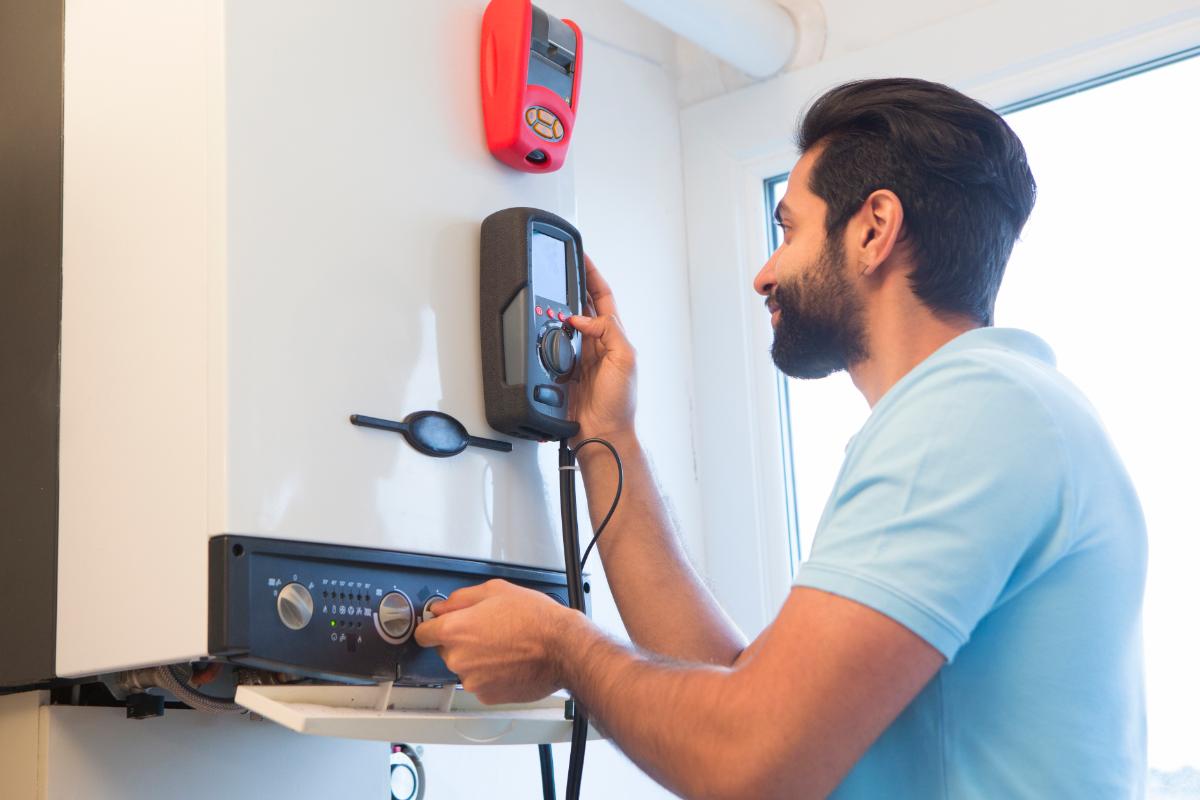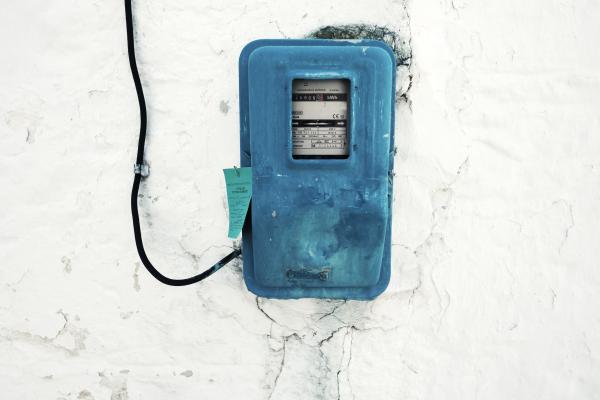
As a private landlord, you have a duty of care towards your tenant. You
also have legal obligations too. Many of them concerning safety standards. In
this article, we'll look at landlord legal requirements, the rules regarding
safety and the Fitness for Human Habitation Act. In short the obligations, you
have to provide a safe and secure home for your tenant.
Fire safety for landlords
Fire safety regulations are pretty straightforward. You must:
·
Install a working smoke alarm on every habitable floor of the property.
·
Install a carbon monoxide alarm if the property has a fuel-burning appliance.
·
Ensure all furniture and fittings pass the
minimum UK fire safety standards.
·
Provide adequate escape routes.
·
If you have an HMO you must provide fire
extinguishers and appropriate signage.
Gas safety for landlords
The gas
safety standards for private landlords are very strict.
·
You must have a valid Gas Safety Certificate for
your property. You can't let the property without this in place.
·
You must renew the certificate annually.
·
The certificate covers all gas appliances. This
includes the boiler, cooker and heaters. It also covers flues and pipework.
·
Only approved Gas Safe engineers can carry out
the checks.
·
You must give your tenant a copy of the current
certificate at the start of their tenancy.
·
If the certificate is renewed during a tenancy
you have 28 days to give a copy to your tenant.
Failure to follow these rules may mean you’re unable to issue a valid
Section 21 notice.
Electrical safety for landlords
Unlike gas, there are no mandatory certificates to obtain. But of course
you do have a legal responsibility to ensure any electrical appliances and
wiring is safe and in good condition.
To be certain this is the case you can make sure all appliances are PAT
tested. But you can go further. MakeUrMove provides an Electrical Certificate
service. A qualified electrical engineer will assess your appliances and
issue a certificate which is valid for twelve months.
If you let an HMO you must have an Electrical Installation Condition
Report. This is valid for five years. While it's compulsory for HMO owners any
private landlord can voluntarily commission an EICR.
Fitness for Human Habitation Act
This act came into force in March 2019. Its aim is to ensure all
privately rented property is safe and fit for tenants to live in. Basically,
this means the building itself must be sound, not damp and have plenty of
ventilation and light. It must also have hot and cold water, proper drainage
and tenants must be able to cook.
A major part of the act is that it gives the tenant power to take court
action against the landlord without involving the local authority. The court
can order the landlord to undertake repairs. It could also award the tenant
compensation.
Energy Performance Certificate
To let your property it must have an Energy Performance
Certificate. It must also achieve a minimum rating of 'E'. You must provide
a copy of the certificate to your tenant at the start of the tenancy.
Landlord insurance
Accidents happen. As do storms, vandalism and wilful damage. Now,
landlord insurance isn’t compulsory. But you need its protection. Make sure you
have adequate cover to cover all eventualities.
Private landlords can find tenants fast by listing their property
with MakeUrMove the online letting platform bringing landlords and tenants
together.






